Sussmann-Durham trial: Who are they key players?
Former U.S. Attorney Brett Tolman breaks down the faces to watch in the case against the former Clinton campaign lawyer.
WASHINGTON, DC – FBI leadership, including then-Director James Comey, was "fired up" about the alleged covert communications channel between the Trump Organization and Russia’s Alfa Bank in the days after Michael Sussmann brought the allegations to the bureau, according to testimony and documents revealed in the trial.
Sussmann, on Sept. 19, 2016, set up a meeting with then-FBI General Counsel James Baker where he brought two thumb drives of data and white papers alleging the Trump Organization was using a secret back channel to communicate with Kremlin-linked Alfa Bank in the weeks leading up to the presidential election.
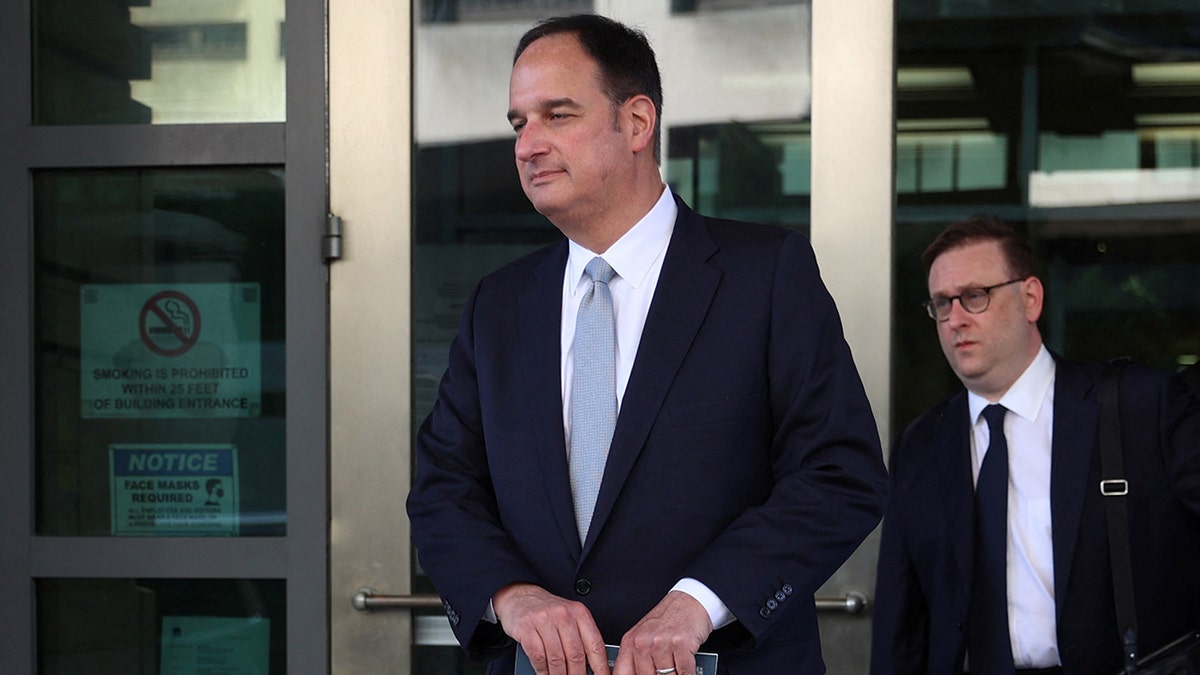
Ex-Clinton campaign lawyer Michael Sussmann is charged with making a false statement to the FBI. (Reuters/Julia Nikhinson)
SPECIAL COUNSEL JOHN DURHAM'S PROSECUTION OF MICHAEL SUSSMANN: EVERYTHING YOU NEED TO KNOW
Sussmann is charged with making a false statement to the FBI. During that meeting, Sussmann allegedly told Baker he was not bringing the allegations on behalf of any specific client, but rather as a citizen concerned with national security. Durham’s team alleges they have evidence that Sussmann later billed Hillary Clinton’s presidential campaign for his FBI meeting.
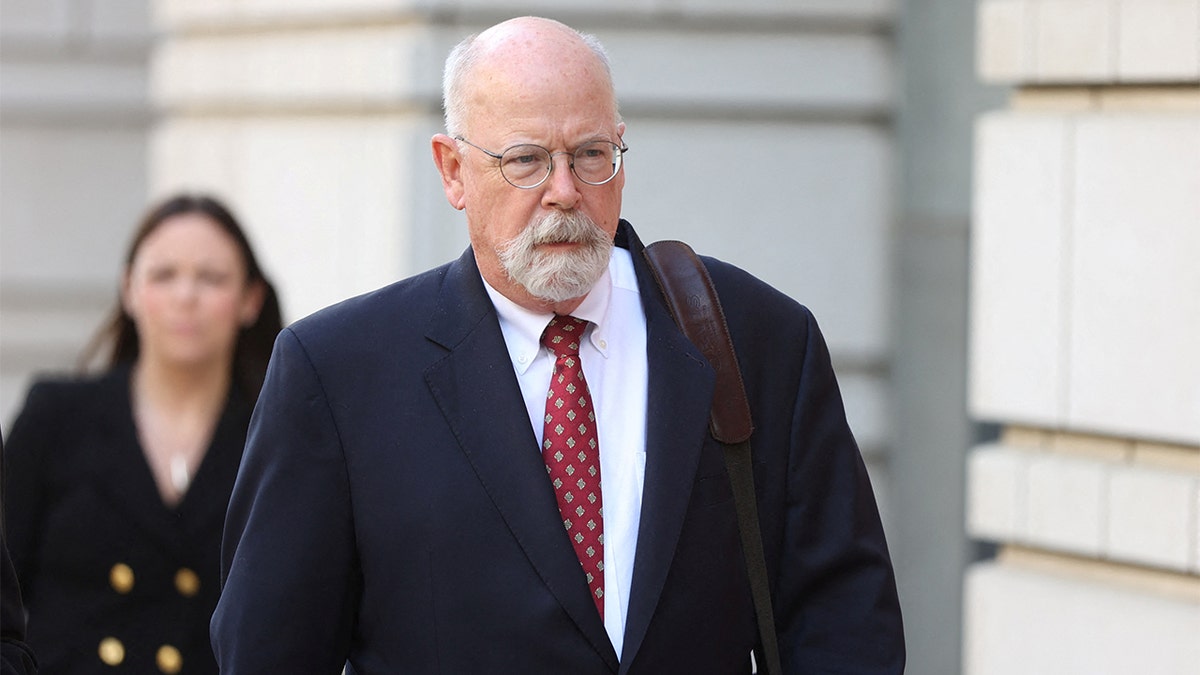
Special Counsel John Durham departs the U.S. federal courthouse after opening arguments in the trial of attorney Michael Sussmann. (Reuters/Julia Nikhinson)
Baker passed the thumb drives and white papers along to the head of the bureau’s counterintelligence division, Bill Priestap. An investigation was formally opened at first in the FBI’s cyber division.
Messages submitted as evidence in the trial this week between a supervisory agent for the FBI’s Trump-Russia probe, also known as "Crossfire Hurricane," Joe Pientka, and FBI Special Agent Curtis Heide revealed that the top brass of the FBI called for an investigation into the data.
"People on the 7th floor to include Director are fired up about this server," Pientka messaged Heide. "Did you guys open a case? Reach out and put tools on?"

FBI leadership, including then-Director James Comey, was "fired up" about the alleged covert communications channel between the Trump Organization and Russia’s Alfa Bank, according to testimony and documents revealed in the Sussmann trial. (AP Photo/J. Scott Applewhite)
Multiple current and former FBI officials during the Sussmann trial testified that "the 7th floor" was a reference to FBI leadership, as that is where the offices of the director and deputy director are located at FBI headquarters.
Pientka added: "If not I will call Dan as Priestap says its not an option—we must do it."
Officials said the investigation into the data "must" take place in the counterintelligence division, following a review by the FBI’s cyber division, which determined there was no cyber "equity" and that the conclusions that were drawn in the white papers were erroneous.
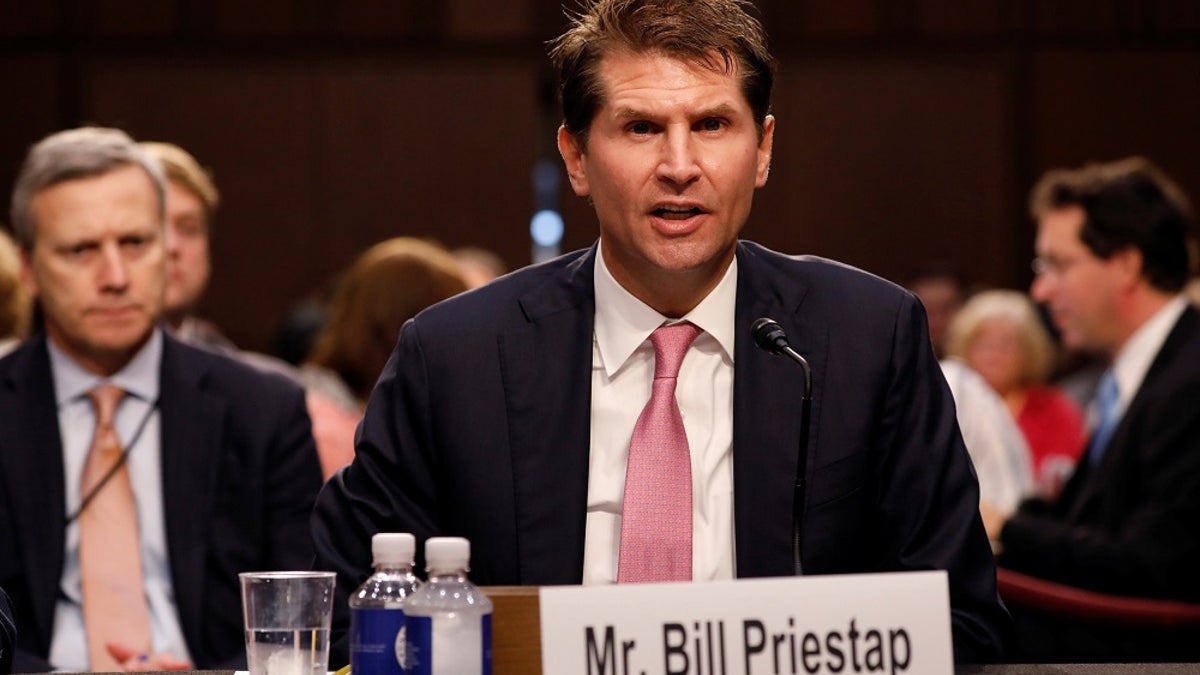
Bill Priestap, assistant director of the FBI's counterintelligence division, testifies during a Judiciary Committee hearing into alleged collusion between Russia and the Trump campaign in 2017. (Reuters/Aaron P. Bernstein )
"Roger," Heide replied. "We are opening a CI [counterintelligence] case today."
Baker, in testimony last week, said he immediately notified Priestap, and later, briefed then-FBI Director James Comey and then-FBI Deputy Director Andy McCabe following his meeting with Sussmann.
"The FBI was already conducting an investigation into alleged connections between the Trump campaign and Russians at this point in time, so that was a matter of great concern to all of us," Baker said.
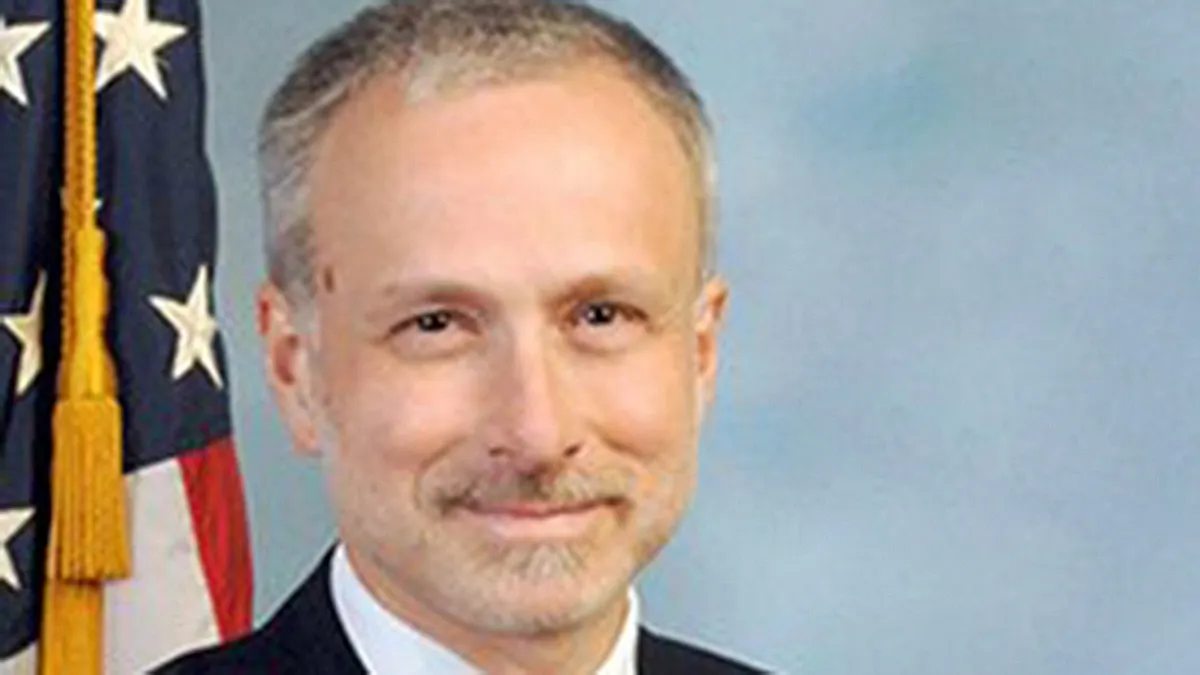
James Baker, who served as FBI general counsel, left the bureau in 2018. (Official FBI photo)
"Here was another type of information between Trump and Russia that had come to me," Baker said, describing it as "concerning" and "time sensitive."
"It seemed to me of great urgency and great seriousness that I would want to make my bosses aware of this information," Baker said. "I think they were quite concerned about it."
"Trump, at the time, was a candidate for office of the president of the United States, so, the FBI is investigating allegations related to his potential interactions, and those people on his campaign, with the government of the Russian Federation," Baker said.
He added: "And that was of high, high importance to the FBI at this point in time."
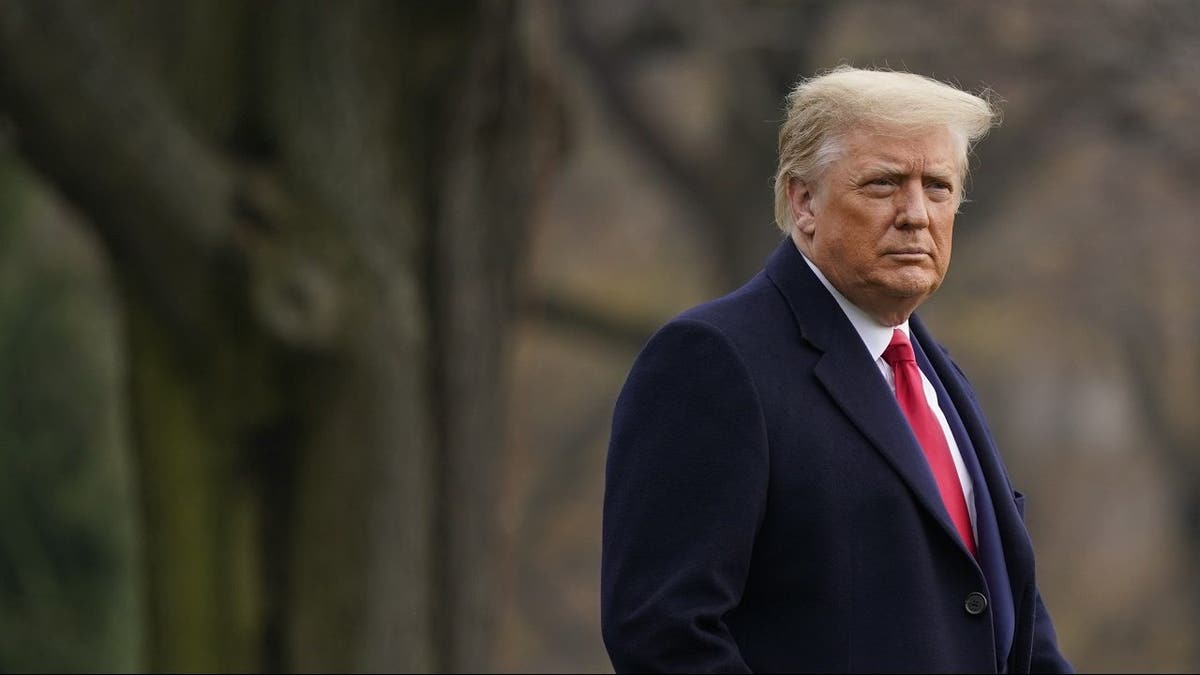
President Donald Trump (AP Photo/Patrick Semansky)
But on Tuesday, Heide testified that after weeks of investigating, the FBI was "unable to substantiate any of the allegations in the white paper."
FBI Special Agent Scott Hellman, last week, testified that the data revealing the alleged covert communications channel between Trump and Russia that Sussmann brought to the FBI turned out to be untrue, and said he did not agree with the narrative.
Hellman testified that whoever drafted the narrative describing the DNS data was "5150," and clarified on the stand that meant he believed the individual who came to the conclusions was "was suffering from some mental disability."
And Baker testified last week that the FBI's investigation "did not reveal there was some kind of surreptitious communications channel."
CLICK HERE TO GET THE FOX NEWS APP
"We concluded there was no substance. We couldn’t confirm it. We could not confirm there was a surreptitious communications channel," Baker said, noting the investigation was "several weeks, maybe a month, maybe a month and a half."
"There was nothing there," he said.














































